The National Senior Certificate (NSC) serves as the modern equivalent of what is commonly known as “matric” in South Africa. This exam, taken at the end of Grade 12, marks the conclusion of secondary schooling and determines whether a student qualifies for further education at tertiary institutions, as well as their readiness to enter the workforce.
What is the National Senior Certificate (NSC)?
The National Senior Certificate (NSC) was introduced in 2008, replacing the older Senior Certificate. The term “matric” refers to the final year of high school (Grade 12), and “matriculation” is the process of completing this year and obtaining the NSC. Prior to the NSC, students were awarded a Further Education and Training Certificate (FETC), but the NSC was brought in to update and standardize the national curriculum and examination.
Importance of the National Senior Certificate
The NSC is an essential qualification that opens doors to further education, including universities, technical colleges, and vocational training centers. It also serves as a key to employment in various sectors. Passing the NSC signals that a student has achieved a certain level of competence in core subjects, ensuring they possess the foundational skills needed in both academic and practical settings.
In South Africa, the NSC plays a critical role in measuring student preparedness for adult life, including their readiness to contribute to the country’s economy. As a comprehensive assessment, it covers a wide range of subjects to ensure learners are well-rounded individuals equipped for the modern world.
Subjects Covered in the NSC
Students taking the NSC must complete seven subjects:
Compulsory Subjects (Group A)
- Two official South African languages (one at home language level and another at either home or first additional level)
(Afrikaans, English, Ndebele, Northern Sotho, Southern Sotho, Swazi, Tsonga, Tswana, Venda, Xhosa, and Zulu) - Mathematics, Mathematical Literacy, or Technical Mathematics
- Life Orientation
Elective Subjects (Group B)
Learners select three to four elective subjects from a broad array of options, including but not limited to:
- Accounting
- Business Studies
- Physical Science
- History
- Life Sciences
- Engineering Graphics and Design
- Tourism
- Visual Arts
The choice of elective subjects often aligns with the learner’s future career aspirations, offering specialization in technical, business, or creative fields.
The NSC Grading System and Pass Marks
The NSC employs a seven-level grading system:
- Level 7: 80-100% (Outstanding Achievement)
- Level 6: 70-79% (Meritorious Achievement)
- Level 5: 60-69% (Substantial Achievement)
- Level 4: 50-59% (Moderate Achievement)
- Level 3: 40-49% (Adequate Achievement)
- Level 2: 30-39% (Elementary Achievement)
- Level 1: 0-29% (Not Achieved – Fail)
The Role of Continuous Assessment (CASS)
Assessment in the NSC is not solely based on final exams. A large portion of the mark comes from Continuous Assessment (CASS), which includes:
- Tests
- Oral exams
- Projects
- Practical assessments
This ensures that students are consistently monitored throughout the year, and their overall performance is a combination of both continuous and end-of-year assessments.

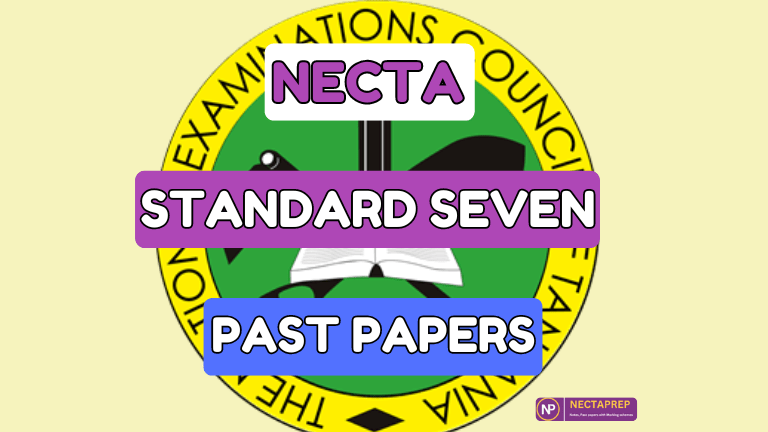
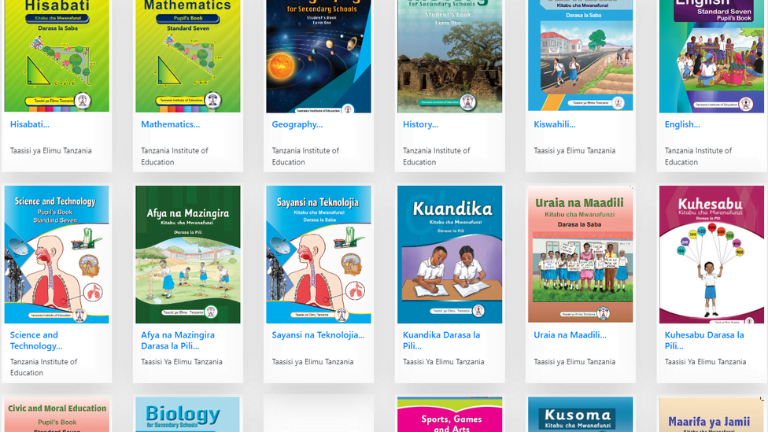

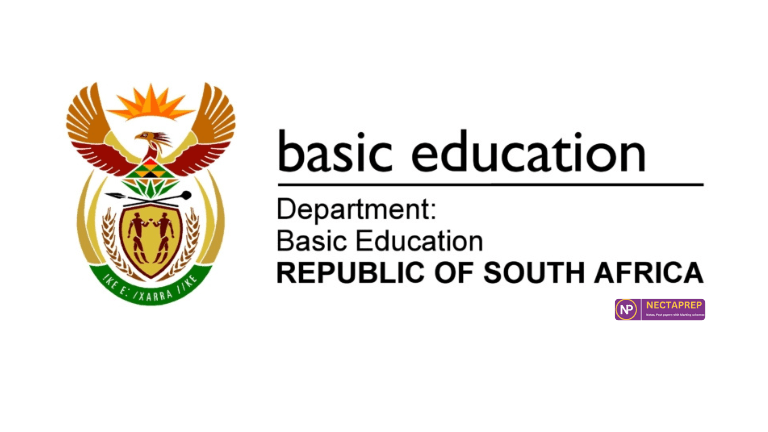
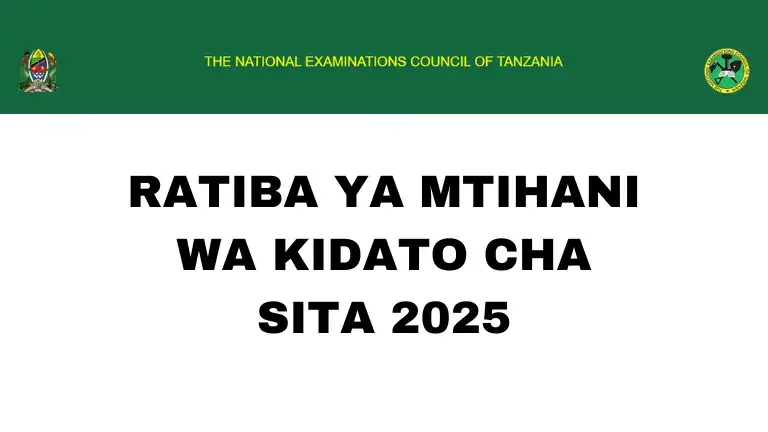
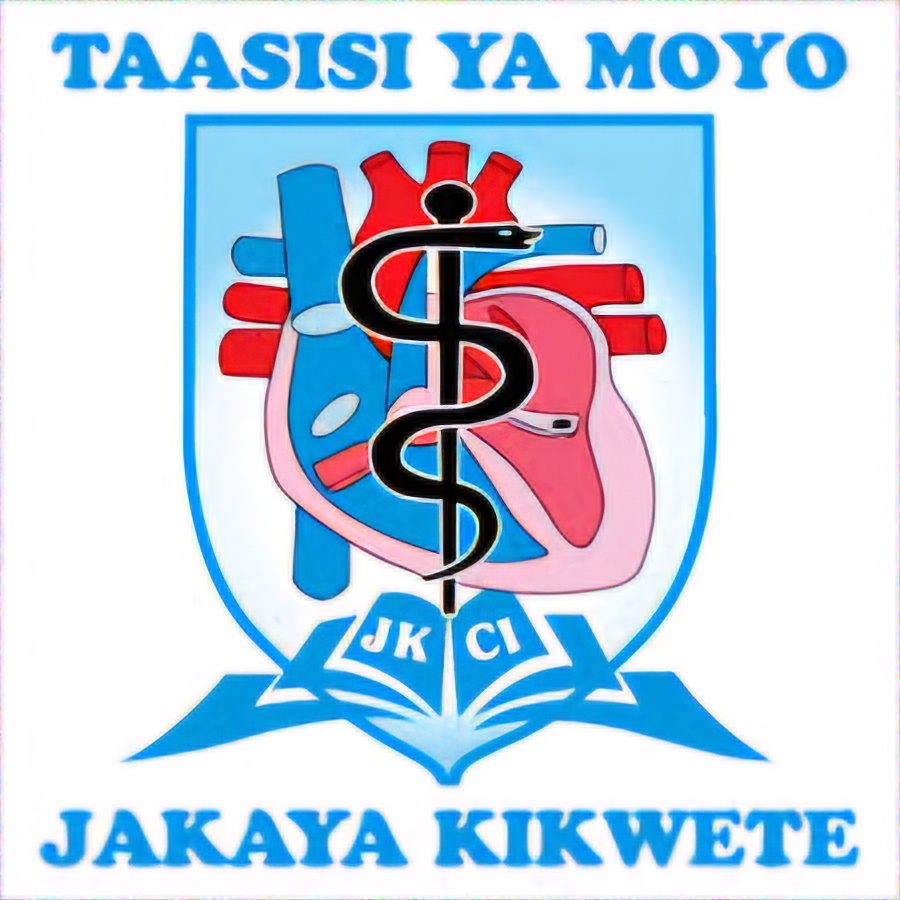

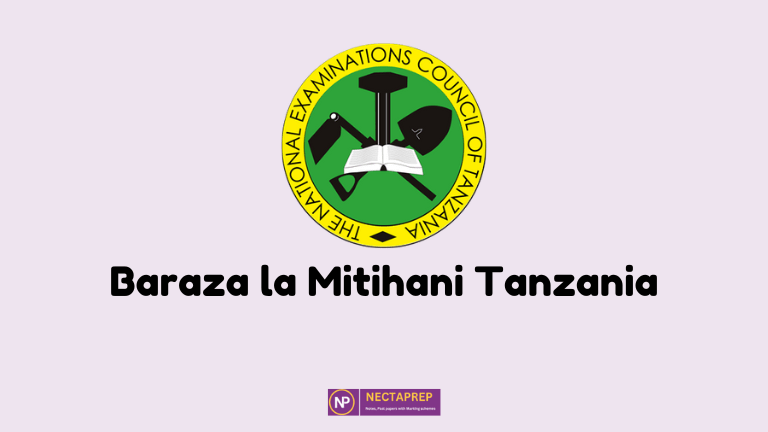
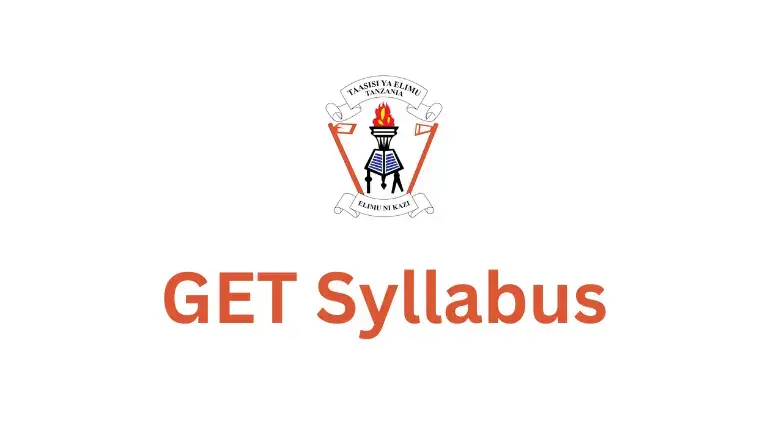

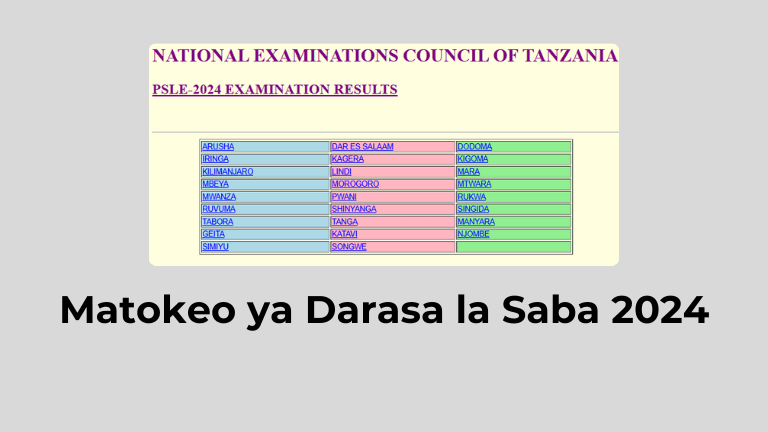
Leave a Reply